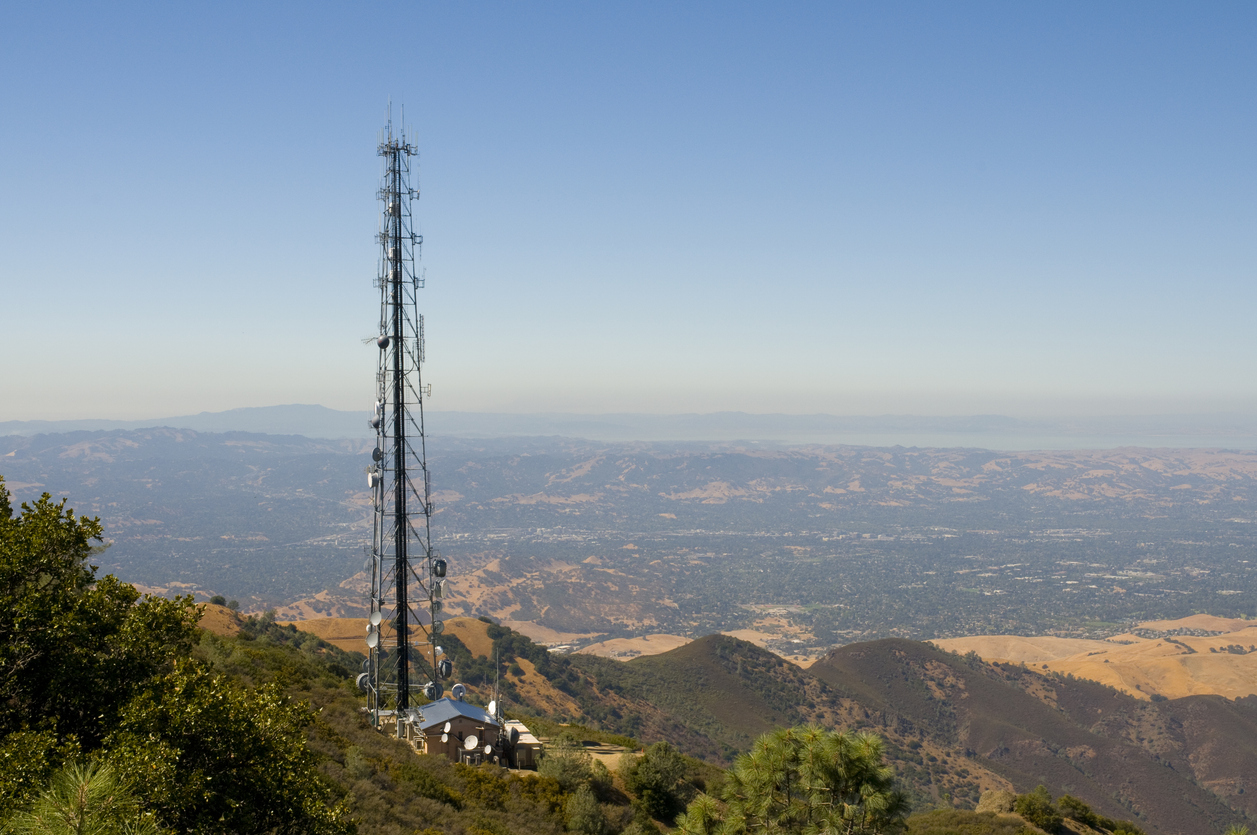T-Mobile-Sprint Merger Compliance

Decision 20-04-008
On April 16, 2020, the California Public Utilities Commission (CPUC) approved the merger of Sprint and T-Mobile in Decision 20-04-008, with extensive conditions to mitigate the potential adverse impacts on competition and to ensure that T-Mobile delivers on its promises to consumers, including requirements for faster speeds, broader coverage, job creation, and offerings for low-income customers.
Benefits to Consumers
Public Utilities Code Section 854 requires that a merger involving a public utility may not occur without authorization from the CPUC. The CPUC concluded that the merger between Sprint and T-Mobile would create a new company capable of providing a robust 5G wireless communication service network that can compete with the two larger existing wireless carriers, AT&T (AT&T Mobility) and Verizon (Verizon Wireless).
The CPUC required T-Mobile to implement these merger obligations such as:
- Offer the California LifeLine Program to low-income households for as long as the program operates in California and enroll at least 300,000 new California LifeLine participants
- Provide 5G wireless service with speeds of at least 100 Mbps to 99 percent of California’s population by the end of 2026, and 300 Mbps to 93 percent by the end of 2024.
- Provide 5G wireless service with speeds of at least 100 Mbps to 85 percent of California’s rural population, and speeds of at least 50 Mbps available to 94 percent of California’s rural population, by the end of 2026.
- Have fixed home Internet access available to at least 2.3 million California households, including at least 123,000 rural households, within six years.
- Maintain or improve current 4G LTE service quality and coverage for existing customers during the transition to 5G.
- Increase jobs in California by at least 1,000 compared to the total number of Sprint and T-Mobile employees in 2020.
- Other important commitments relating to safety, diversity, reporting, fairgrounds and rural infrastructure deployment.
April 16, 2020 Press Release - CPUC Approves Merger of Sprint and T-Mobile.

Resources
Application Proceedings 18-07-011 and 18-07-012
CPUC Decisions and Resolutions
- Decision 20-04-008 - Granting Application and Approving Wireless Transfer Subject to Conditions.
- Decision 20-08-022 - Order Modifying Decision 20-04-008 and Denying Rehearing of Decision, As Modified.
- Decision 20-11-025 - Granting in Part and Denying in Part Petition for Modification of Decision 20-04-008.
- Resolution T-17722 - T-Mobile Penalty Regime per Decision 20-04-008
- Decision 21-04-001 - Order Correcting Error in Decision 20-11-025.
- Decision 22-03-005 - Denying Petition for Modification of Decision 20-04-008.
- Decision 22-11-005 - Finding that T-Mobile USA, Inc. Should be Sanctioned by the Commission for Violating Rule 1.1 of the Commission's Rules of Practice and Procedure.
- Decision 23-06-021 - Order Denying Rehearing of Decision 22-11-005.
T-Mobile’s Applications
- Application 18-07-011 - Joint Application for Approval of Transfer of Control of Sprint Communications Company L.P. (U-5112-C) Pursuant to Public Utilities Code Section 854(a).
- Application 18-07-012 - Joint Application for Review of Wireless Transfer Notification per Commission Decision 95-10-032.
Compliance Monitor
The CPUC appointed an independent monitor to review, track, and analyze T-Mobile’s progress with the merger conditions. Both the CPUC and the California AG may take enforcement actions if T-Mobile does not follow the merger conditions.
- Independent monitor - University of Southern California (USC).
- Contract - CPUC-USC executed contract.
